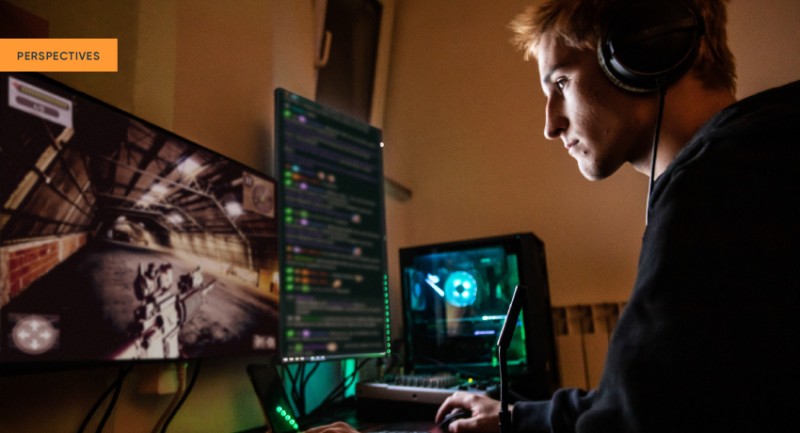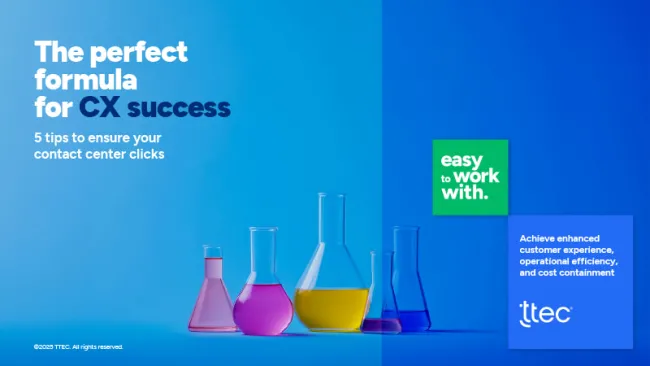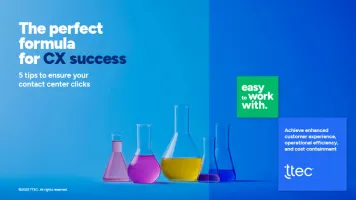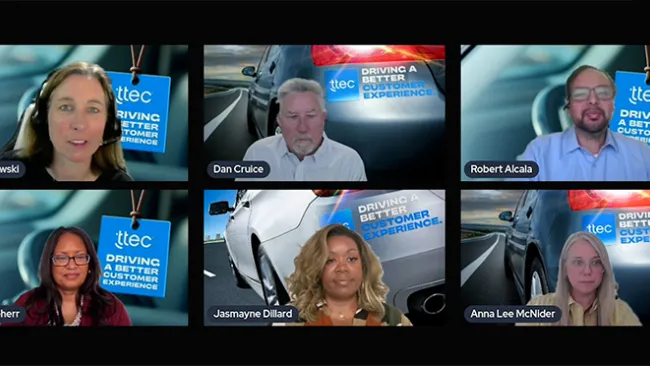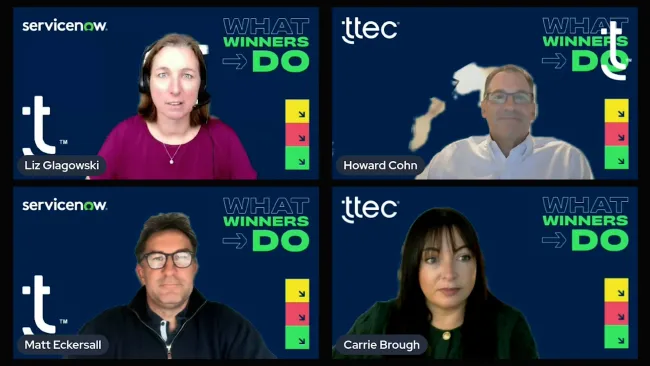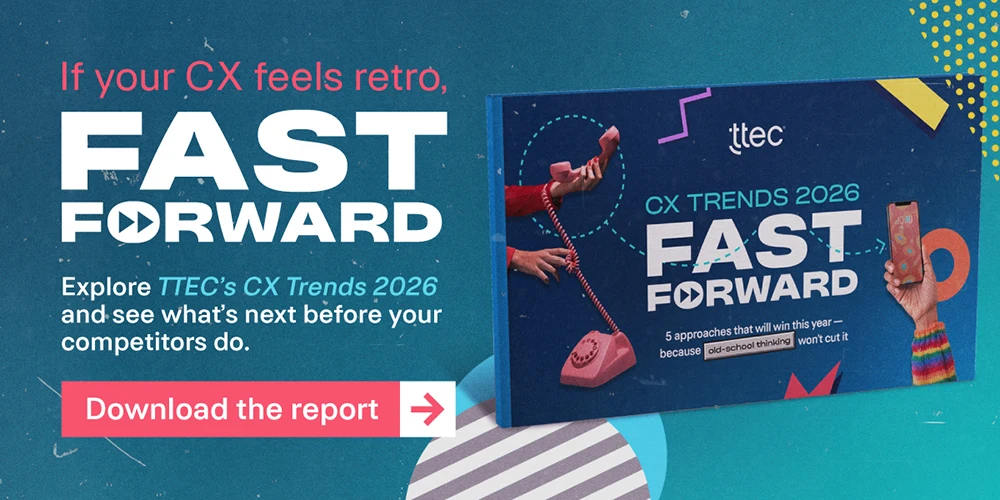The gaming community is growing at a rapid pace, especially since many people discovered – or fell back in love with – video games during the pandemic. With more than 3 billion gamers and counting worldwide, players are more diverse, engaged, and passionate than ever before.
This presents exciting new opportunities for gaming brands, but also serious challenges, especially when it comes to providing a winning player experience.
Nothing’s more frustrating than encountering issues mid-game, whether it be with equipment, payments, rewards, or the game itself, and just one bad experience can prompt a gamer to leave your games and play elsewhere. Players are very vocal within their in-game communities, so word about the experience you deliver – for better or worse – will spread fast.
Customer support can make or break brands, but it often isn’t among gaming companies’ core competencies. Your in-house team might be busy working on in-game innovations, fixing bugs, and testing new features, so why not ask for expert help to join forces and deliver gamer-first experiences?
This is where working with an experienced partner can help. Here are four indicators that your brand could benefit from working with an outsourced player experience partner.
1. Your capacity is maxed out
Speed’s the name of the game when it comes to delivering a great player experience. Gamers know what they want; they want any issues that crop up to be resolved immediately so they can get back to their guild duties.
Amid this constant need for speed, gaming support teams face the added challenges of frequent surges. There are so many demand peaks in this industry: not only Black Friday, Cyber Monday, and traditional holiday spikes, but also volume spikes tied to new game launches that happen throughout the year.
You need a partner who can scale (and scale back) quickly to meet your changing needs. An outsourcing partner offers cost-effective staffing solutions to help you manage your ebbs and flows – not just when it comes to people, but also with digital tools to help during surges. This can be especially beneficial for companies that are experiencing rapid growth and need to scale their support operations quickly.
With the added player support resources that a partner brings, you’ll benefit from improved player experience and customer satisfaction.
2. Your support team doesn’t know gaming
There’s a common misconception that support teams can handle any type of inquiry from any industry, and that simply isn’t true. Your support team needs to understand players – what delights them, what frustrates them, how they want to communicate with your brand, and how they want issues resolved. If your support team can’t meet player expectations, you’ll lose customers to competitors that do.
But that doesn’t mean your support team needs to be comprised of players. This is another misconception that has steered some companies wrong. The people delivering support don’t need to be players themselves, but they need to know how to deliver a great player experience, have the tools they need at their fingertips, and know how to use those tools efficiently.
Players generally don’t want to interact with gaming brands; they want to spend their time in game, not dealing with customer support. When they do have to contact you, they expect to interact with someone who understands their needs and matches their enthusiasm for the game.
The right partner knows how to do all these things and can help improve player retention for your company.
3. Your growth isn’t sustainable
As gaming becomes increasingly popular and brands try to grow, rising labor costs pose a big challenge. Labor can be a huge line item for companies, especially as you try to scale your support operations.
Outsourcing can provide a more cost-effective solution for managing support, and the money you save through outsourced labor can be invested into other areas of the business. You’ll gain access to a skilled workforce that can provide a high level of service. And with a partner handling part or all your support, your employees can stay focused on the core parts of your business.
A good partner also has the legal entities in place to scale your support staff overseas, not just at home. This lets you grow your support, across various geographies and in multiple languages, in a way that gives you a competitive advantage yet spares you the legal logistics.
4. Your support doesn’t mesh with your company or customers
Whether it’s in-house or outsourced, the culture of your brand’s support team needs to align with the values, quality standards, and culture of your company – and of your customers.
You may worry that an outsourcing partner won’t know the ins and outs of your company and culture well enough, but the good ones are aligned to and embrace the culture, values, and goals that are important to you. They take the time to truly understand your company and what you need to achieve. They’ll deliver the same level of player support (or better) your gamers expect – and they’ll do it with better processes, cutting-edge technology, expert staff and lower costs.
Maybe you’ve tried outsourcing and it isn’t working for you. That just means you haven’t found the right partner yet. If the people you’re working with don’t meet your quality standards, communicate poorly, or can’t meet your needs, it’s time to cut ties. A new provider will bring fresh ideas and solutions to the table. Bottom line: you need a partner you can trust, one that’s transparent and is there in the good times and the bad.
Raise your player experience game
There’s no time to waste when it comes to delivering a great player experience; if you don’t, people will be quick to leave the game.
With an outsourcing partner, you can tap into the talent, expertise, tools, and resources you need to take your player experience to the next level – in a way that’s agile enough to meet the changing needs of your business. With the cost savings and logistical advantages that partnership brings, it’s a win-win.
An outsourcing partner could be the missing arrow in your quiver. When your player experience efforts are in expert hands, you can focus on what you do best – developing the games, equipment, and communities that keep gamers coming back for more.
